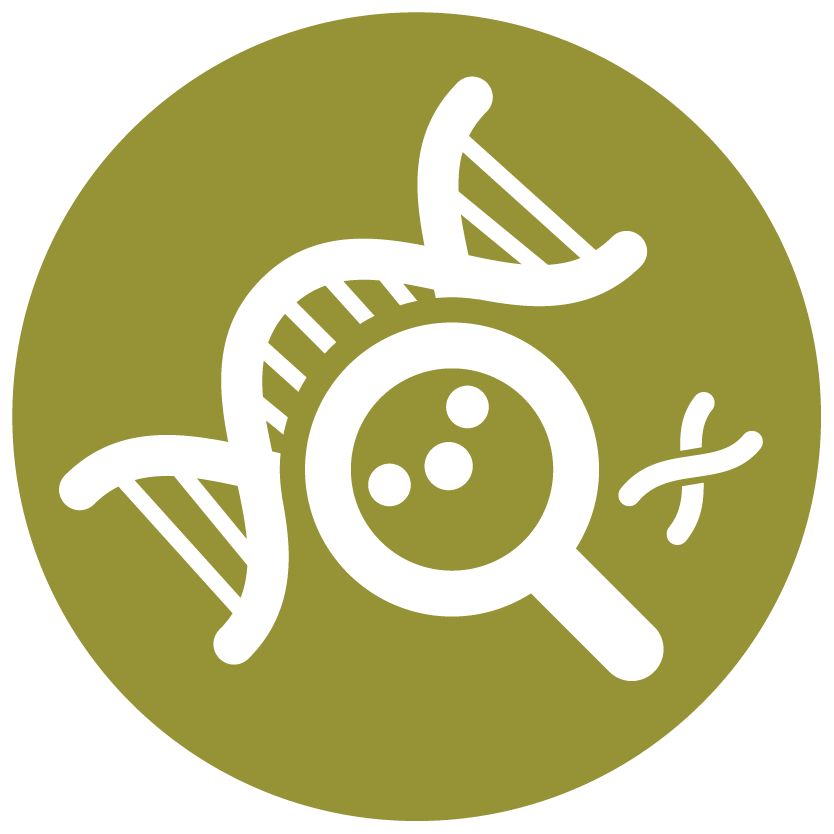Back
Discovery and Basic Research
Session: Symposium: Targeted Drug Discovery and Molecular Pharmacology
Expanding Functional Protein Sequence Spaces Using Generative Adversarial Networks
Wednesday, October 19, 2022
9:00 AM – 9:30 AM ET
Location: 255
- AZ
Aleksej Zelezniak, Ph.D.
Assistant Professor
CHALMERS UNIVERSITY OF TECHNOLOGY
Gothenburg, Vastra Gotaland, Sweden
Speaker(s)
De novo protein design for catalysis of any desired therapeutic outcome is a long-standing goal in protein engineering because of
the broad spectrum of pharmacological, biotechnological, and clinical spaces. However, translating protein sequence to protein function
is currently neither computationally nor experimentally tangible. Here, we develop ProteinGAN, a self-attention-based
variant of the generative adversarial network that is able to ‘learn’ natural protein sequence diversity and enables the rapid generation
of functional protein therapeutics. ProteinGAN learns the evolutionary relationships of protein sequences directly from
the complex multidimensional amino-acid sequence space and creates new, highly diverse sequence variants with natural-like
physical properties. Using malate dehydrogenase (MDH) as a template enzyme, we show that 24% (13 out of 55 tested) of
the ProteinGAN-generated and experimentally tested sequences are soluble and display MDH catalytic activity in the tested
conditions in vitro, including a highly mutated variant of 106 amino-acid substitutions. ProteinGAN therefore demonstrates the
potential of artificial intelligence to rapidly generate highly diverse functional proteins within the allowed biological constraints
of the sequence space, directly affecting rapid pharmaceutical formulation design and translation
the broad spectrum of pharmacological, biotechnological, and clinical spaces. However, translating protein sequence to protein function
is currently neither computationally nor experimentally tangible. Here, we develop ProteinGAN, a self-attention-based
variant of the generative adversarial network that is able to ‘learn’ natural protein sequence diversity and enables the rapid generation
of functional protein therapeutics. ProteinGAN learns the evolutionary relationships of protein sequences directly from
the complex multidimensional amino-acid sequence space and creates new, highly diverse sequence variants with natural-like
physical properties. Using malate dehydrogenase (MDH) as a template enzyme, we show that 24% (13 out of 55 tested) of
the ProteinGAN-generated and experimentally tested sequences are soluble and display MDH catalytic activity in the tested
conditions in vitro, including a highly mutated variant of 106 amino-acid substitutions. ProteinGAN therefore demonstrates the
potential of artificial intelligence to rapidly generate highly diverse functional proteins within the allowed biological constraints
of the sequence space, directly affecting rapid pharmaceutical formulation design and translation
Learning Objectives:
- Upon completion, participant will be able to obtain knowledge on artificial intelligent fundamentals.
- Upon completion, participant will be able to gather sufficient information on the clinical translational utility of deep learning from a transcriptomic view.
- Upon completion, participant will be able to gather sufficient information on the cutting edge solutions to pharmaceutical generation in precision medicine design from a protein engineering perspective

